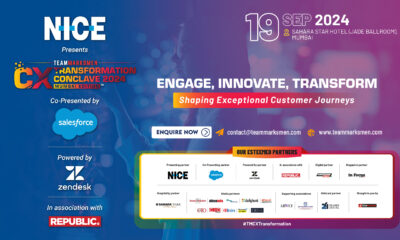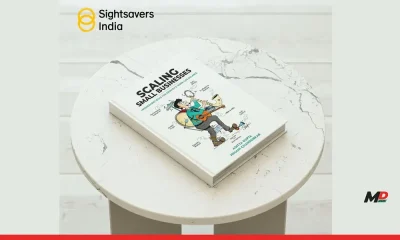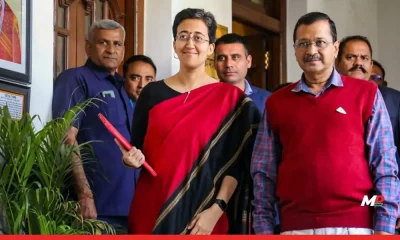Business
Nestlé Stirs Fresh Controversy with High Sugar Content in Baby-food Products

Nestlé is in the eye of a controversy, with two of its best-selling baby-food products containing higher levels of added sugar, while such products are sugar-free in the United Kingdom, Germany Switzerland, and other developed nations, according to an investigation by Public Eye.
This multinational consumer goods giant has been found to incorporate sugar and honey into infant milk and cereal products across several countries, contravening international guidelines established to combat obesity and chronic diseases. These discrepancies were exclusively identified in regions across Asia, Africa, and Latin America. In response to the report, Indian authorities have acknowledged the allegations and are currently scrutinizing the claims.
Nestlé issued a general statement in response, asserting that it has managed to decrease the total amount of added sugar in its infant cereal range by 11% globally over the past decade without addressing the issues raised directly. A spokesperson for Nestle emphasized that over the last 5 years, Nestle India has successfully reduced added sugars by up to 30% in its infant cereal portfolio.
There is a noticeable difference in sugar levels for single servings of Nestlé products across countries. Among the countries investigated, the Philippines recorded the highest volume of added sugar per serving at 7.3 grams, followed by Thailand with 6 grams per portion, Nigeria with 6.8 grams, and Senegal with 5.9 grams. India and Pakistan showed lower sugar levels, ranging from approximately 2 to 3 grams per serving. Notably, the United Kingdom, Germany, and France reported zero grams of added sugar per serving, underscoring a significant contrast in sugar content across different regions in cerelac baby products. For reference, a teaspoon of sugar or a sugar cube contains roughly 4 grams.
Nestlé is no stranger to controversies around the world. The ever-popular Maggi noodles were banned in 2015 in India due to excess usage of lead and monosodium glutamate (MSG). In 2021, the company also faced legal allegations regarding child labour in cocoa farms in the Ivory Coast. Back in 1977, a major dispute took place in the USA, Africa and later extended to Europe as the company discouraged breastfeeding and sought to promote their baby formula.
It remains to be seen how this latest controversy impacts Nestlé’s standing in India going forward.














